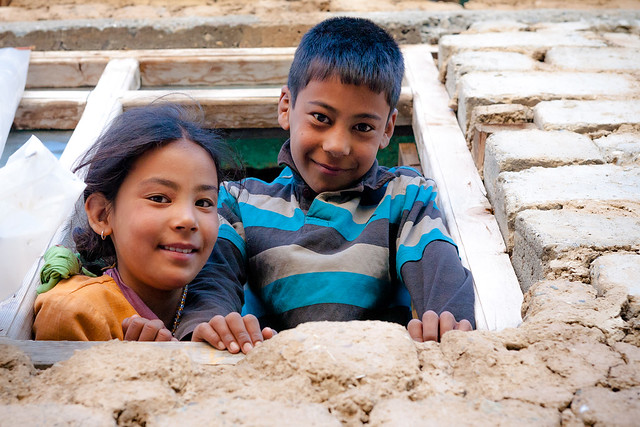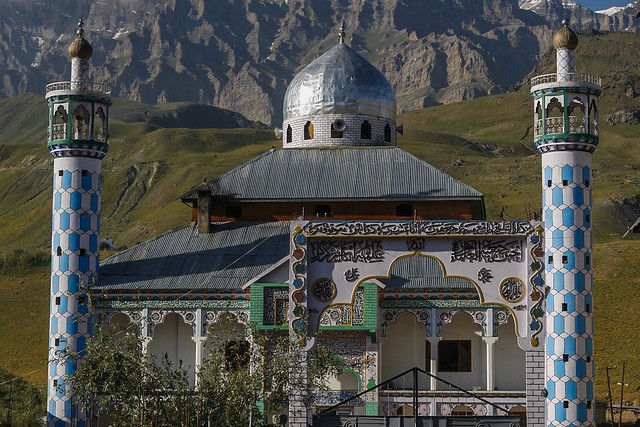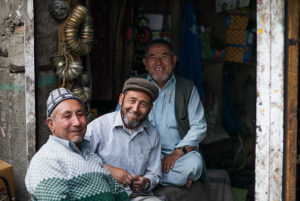A lot of the reporting about the peacefulness of the Ladakhi has focused on the Leh District of Ladakh, where most of the people are Buddhists. An article in this website in May 2019 examined the scholarship of different experts who examined the reasons for their nonviolence.

Uwe Gielen, we reported, argued that the Buddhist beliefs of the Ladakhi are a major factor in fostering their peacefulness. On the other hand, Fernanda Pirie did fieldwork which led her to conclude that they have peaceful communities because they have a strong desire to maintain order. They achieve this through practical approaches to resolving conflicts and controlling anger.
But both scholars did most of their fieldwork in the Leh District, which leaves unexamined the other half of Ladakh, the Kargil District, which is primarily Shia Muslim. What clues do we have to the peacefulness in Kargil? For that matter, is that district really peaceful at all?
A brief news report last week by Asian News International (ANI), a major Indian news service, offered the beginning of an answer to the questions. The essence of the story is that the Ladakhi Muslims have an engrained culture of religious toleration. The Shia Muslims enjoy complete religious freedom, the same as other Indians do in theory.

The President of the Shia Community in Leh, Asharaf Ali Batcha, told the news service that they experience no problems in celebrating their rituals and festivals as their traditions indicate they should. The town of Kargil, which is second in size in Ladakh to Leh, is 80 percent Shia. Everyone celebrates their festivals according to their beliefs, Batcha told ANI.
Mohd Subhan Jaffery, a prominent social activist in Kargil, told the reporter essentially the same thing—that everyone celebrates their beliefs and festivals as they wish. “We feel lucky to have been born in India’s Kargil and living here where we are enjoying so much religious freedom,” he said.
ANI interviewed another Shia man, a senior citizen from Kargil

named Mohd Shafi Argal, who said they have never experienced any religious restrictions. “We observe all Shia festivals and rituals without any problems,” he told the reporter.
While the article also diverges into other observations about the progress India is making, its emphasis on the freedom of religion practiced among the Shia Ladakhi people contributes to our overall understanding of the peacefulness of that society. Ladakh is roughly half Buddhist and half Muslim. The article implies that showing toleration for others, as those Muslims do, can be an important element in fostering peacefulness.